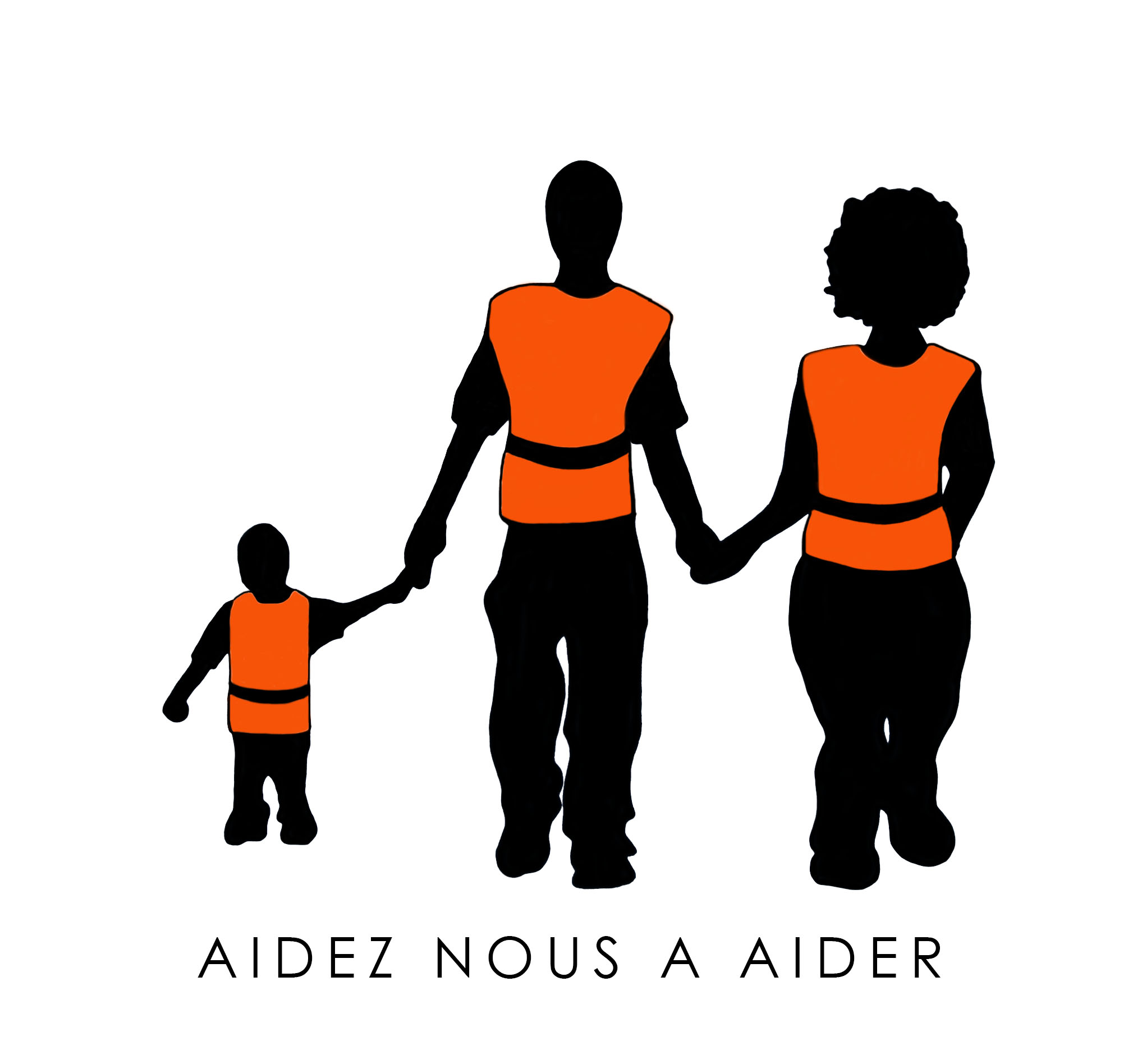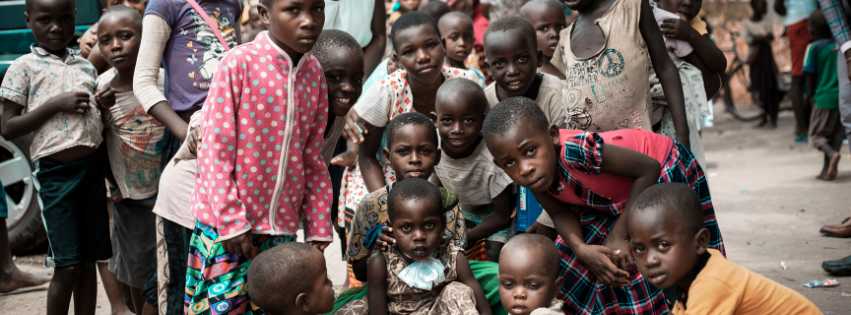What Challenges do Undocumented Migrant Children face? In Morocco, undocumented migrant children face a myriad of challenges as they navigate life without legal status. From limited access to education and healthcare to the constant threat of exploitation and discrimination, these children confront significant barriers to their well-being and development. Understanding their plight and advocating for their rights is crucial in ensuring a brighter future for these vulnerable individuals.
Without legal documentation, undocumented migrant children are essentially invisible in the eyes of the law, depriving them of fundamental protections that citizens and legally recognized residents enjoy. This lack of legal status exposes them to various forms of exploitation, abuse, and arbitrary detention, amplifying their vulnerability as they attempt to navigate life on the fringes of society. Denied the safeguards that come with legal recognition, these children face heightened risks of exploitation by unscrupulous individuals or groups who prey on their vulnerable status. Additionally, without legal protection, they are at greater risk of being arbitrarily detained by authorities, further exacerbating their precarious situation and undermining their rights as children. As they struggle to survive without the basic legal protections afforded to others, undocumented migrant children find themselves marginalized and vulnerable in the communities they inhabit.
Undocumented migrant children in Morocco frequently encounter significant obstacles when attempting to access education. Discriminatory policies and practices within the education system effectively bar them from enrolling in formal schools, denying them the fundamental right to education and perpetuating cycles of poverty and exclusion. Despite international conventions affirming the right to education for all children, regardless of their legal status, many undocumented migrant children in Morocco face systematic exclusion from educational opportunities. This exclusion not only deprives them of essential learning experiences but also reinforces their marginalized status within society, hindering their ability to break free from cycles of poverty and achieve a brighter future. As a result, these children are denied the chance to develop their skills, knowledge, and potential, further entrenching their vulnerability and marginalization in Moroccan society.

Also Read: How is Europe responding to the Migration Crisis?
The absence of legal protection leaves undocumented migrant children in Morocco highly susceptible to exploitation and abuse, rendering them particularly vulnerable to various forms of harm. Without the safeguards provided by legal recognition, many of these children are compelled to engage in exploitative labor practices, often enduring grueling work conditions and receiving inadequate compensation. Additionally, some fall victim to human trafficking networks, being coerced or deceived into situations of forced labor or sexual exploitation. Moreover, the lack of legal status makes undocumented migrant children easy targets for criminal exploitation, with some being coerced into involvement in illicit activities such as drug trafficking or petty crime. These harmful experiences not only jeopardize their physical safety but also inflict lasting emotional and psychological trauma, undermining their overall well-being and development. Overall, the absence of legal protection leaves undocumented migrant children highly vulnerable to exploitation and abuse, perpetuating cycles of harm and hindering their ability to thrive in their adopted communities.
Undocumented migrant children in Morocco encounter significant barriers to social inclusion and often grapple with feelings of marginalization and isolation within Moroccan society. The pervasive stigma, discrimination, and xenophobia they face serve to alienate them from their peers and communities, making it challenging for them to integrate and form meaningful connections. Oftentimes, these children are viewed through the lens of their legal status rather than as individuals with inherent dignity and worth, leading to their exclusion from social networks and opportunities for meaningful engagement. As a result, they may experience heightened feelings of isolation and estrangement, struggling to establish a sense of belonging and identity within their new environment. The persistent social exclusion they endure not only hampers their ability to access essential services and support networks but also undermines their overall well-being and sense of self-worth. Addressing the social marginalization of undocumented migrant children is crucial for fostering inclusive communities and ensuring their holistic development and integration into Moroccan society.

Also Read: Why are migrants being sent to Rwanda?
Addressing the needs of undocumented migrant children in Morocco is a critical humanitarian imperative that requires concerted efforts from various stakeholders. These children often find themselves living on the fringes of society, lacking legal protections and access to basic services. Without formal documentation, they are vulnerable to exploitation, abuse, and social exclusion, perpetuating cycles of poverty and marginalization. One of the most pressing challenges these children face is limited access to education, as discriminatory policies and practices prevent them from enrolling in formal schools. This denies them essential learning opportunities and hinders their long-term prospects for socio-economic integration and personal development.
To address these challenges, a comprehensive approach is needed that encompasses legal protections, access to education, social services, empowerment programs, community integration initiatives, awareness campaigns, and collaborative partnerships. Advocating for policies that recognize and protect the rights of undocumented migrant children is essential to ensure their access to basic services such as healthcare, legal representation, and education. Additionally, efforts to eliminate barriers to education and provide specialized support services tailored to the unique needs of these children are crucial in promoting their well-being and resilience. Empowerment programs and community integration initiatives play a vital role in enhancing their self-esteem, fostering positive relationships, and challenging social stigma. Through collaborative partnerships and sustained advocacy efforts, we can work towards creating a more inclusive and supportive environment for undocumented migrant children in Morocco, enabling them to thrive and realize their full potential.

